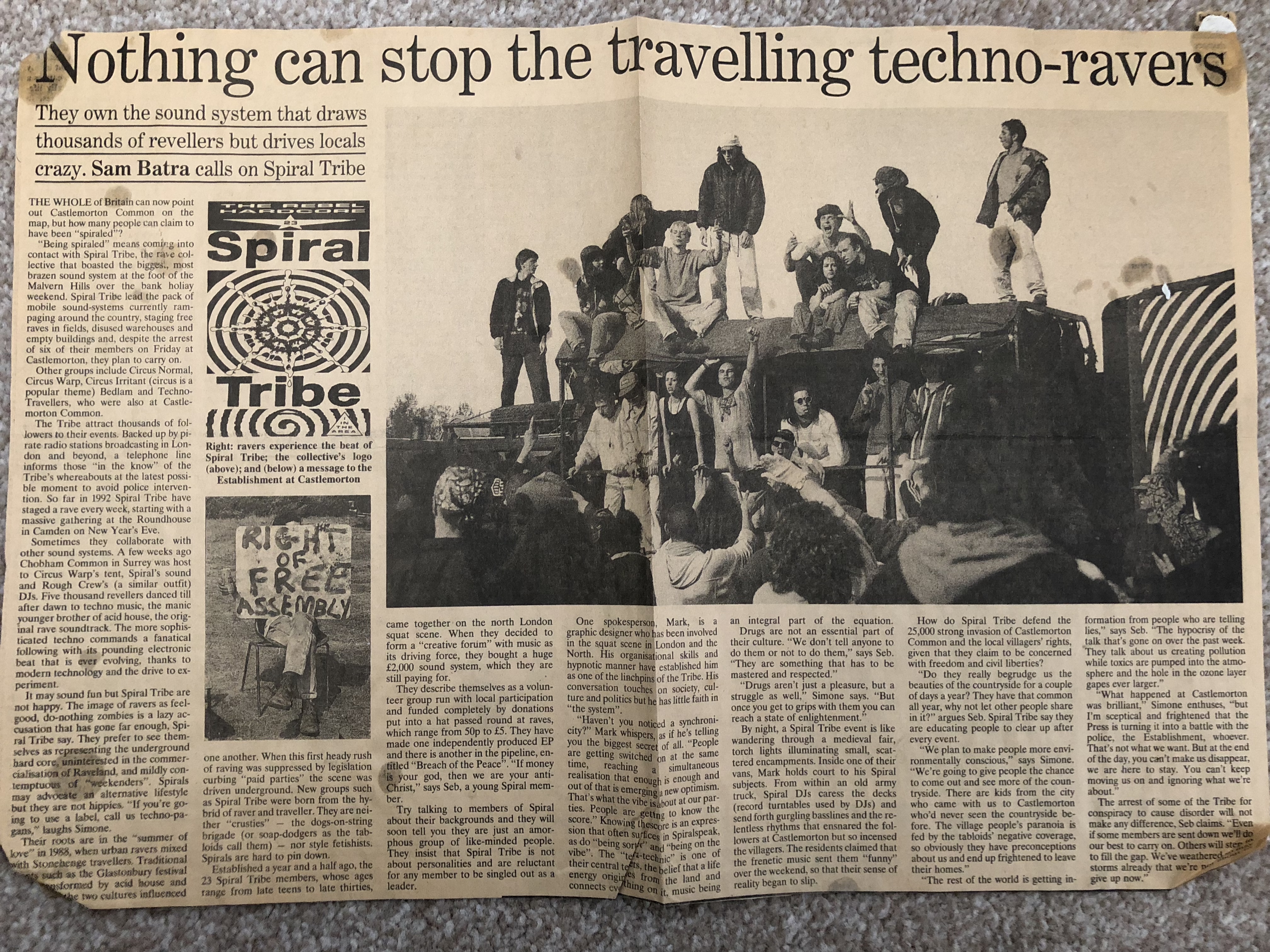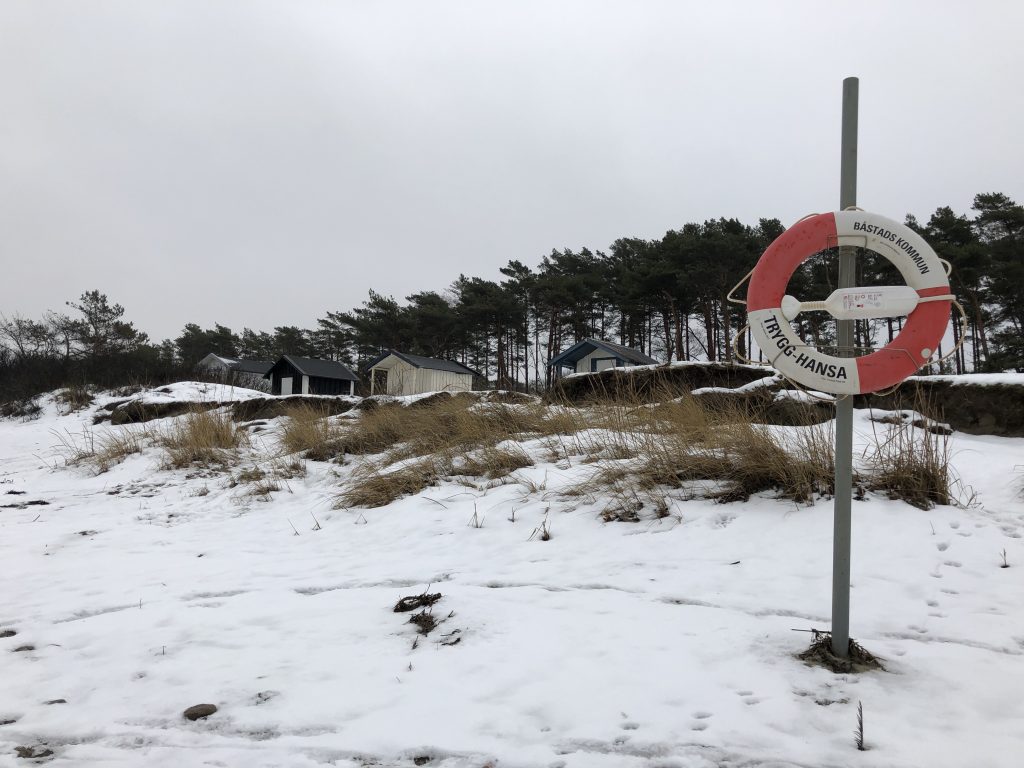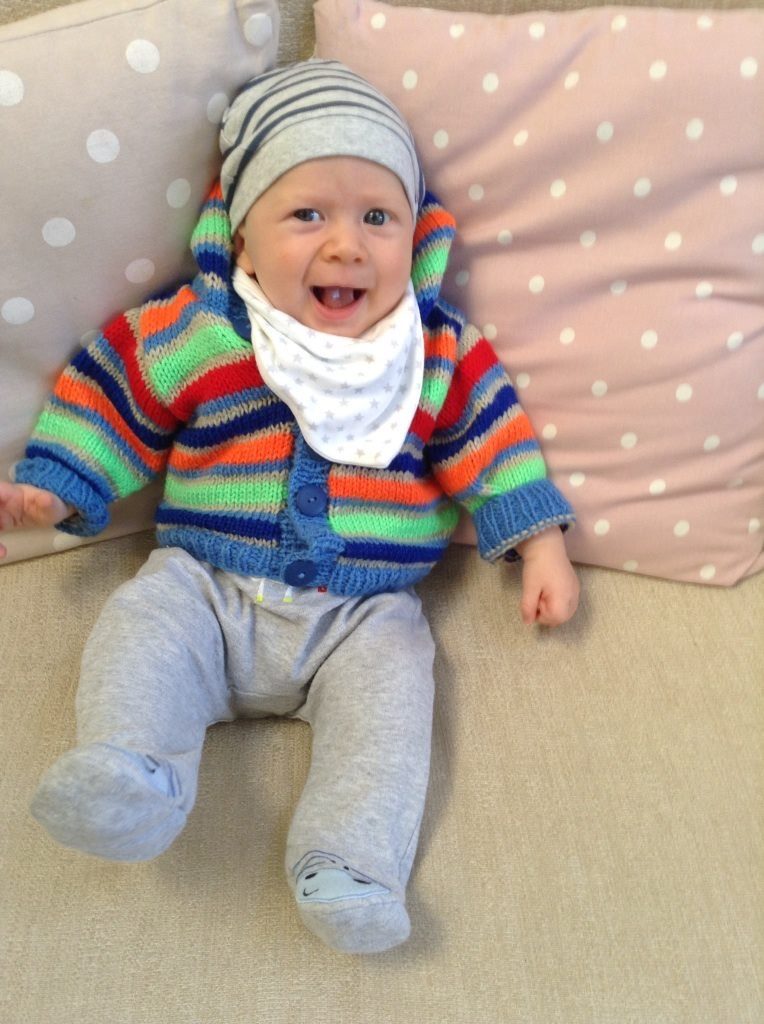If there is one thing that’s been consistent in my life so far, it’s my choosing a journey over a destination. Those journeys have included many different experiences, all of which have shaped me in some way. One of those experiences was the second summer of love.
As a 15 year old, the 1990’s were fast approaching, technology and fashion was rapidly changing and I was having to move from being a kid to being an adult. The year was 1989 and in June I turned 16, completing my exams at school. I had to get a job to help cover all the bills at home and was lucky enough to join an apprenticeship scheme with an engineering company.
As a 16 year old I tested boundaries with my new employer, bunking off quite a bit. I wanted to hang out with new friends from my class (who were bunking off too). That period timed well with something that was happening across the country, something that was coined the second summer of love.
It was the period when acid house was becoming a thing, at least where I lived. Massive home grown acid house parties began to take shape each weekend. The smiley face revolution had entered my life, represented by that now familiar yellow smiley.
What struck me most about house music were the types of people I met. They were different to me, looser and more rebellious. Those new college friends I’d made were different to my main friends. They took part and organised local house parties, ram raiding shops to pay for their life style of drugs (mainly speed and acid) for parties over the weekends. Despite me not joining them on their crime sprees or drug taking, they embraced my company and introduced me to a scene I’d have otherwise only seen on the TV and newspapers.
My mum, brother and close friends didn’t know the crowd I’d started to hang with. I carefully separated my 2 lives knowing they were not destined to merge well. It was obvious to me that this phase in my life would also not last long. I eventually finished college, went back to my indie music roots and then went to America for a while.
When I look back on that year, I can see it was important for at least 3 foundational lessons I’ve put into practice. Each one has become almost unconscious now, here they are:
1. Don’t always surround yourself with people who think like you. In order to grow, learn and experience the world, you need different views to enhance your life
2. You can never really understand and know a person until you really know them (i.e. it doesn’t matter how they look). There are still people I meet who think I’m a ’type’ and after learning more about me, find it hard to believe I’d taken part in illegal raves and been on police watch lists for summer parties at Stone Henge . Don’t believe in bucketing people into types, it will limit your world view as well as your experience with people.
3. Clothes, musical taste, recreational activities, none of these actually define a person. How they treat themselves and others, what they think of themselves and others, those are the things that define a person.
I don’t know what happened to those college friends from that time. Over that short period the house parties turned to raves and eventually the UK government put legislation in place to limit free and open gatherings. I didn’t like the commercial parties, where business took over and the mainstream turned it into profit over experience.
It’s nice to see the ‘illegal’ raves never actually stopped entirely, they just became harder to organise and find. They continue to this day, in smaller numbers and via word of mouth. Just like when I was a teenager. A time that was simpler, one without the internet or always connected lifestyle. A time when word of mouth brought people together more, a time when we actually had time, time to think, time to ponder, time to party.
Make time to party.
“It is always the simple that produces the marvellous.” – Amelia Barr
Note: Some of my college friends were ram raiders, the majority of people I met at house parties and then raves did not ram raid or steal.



